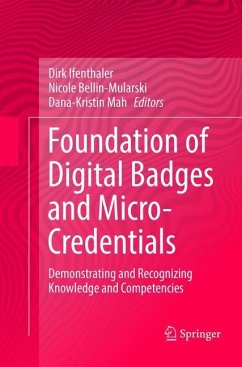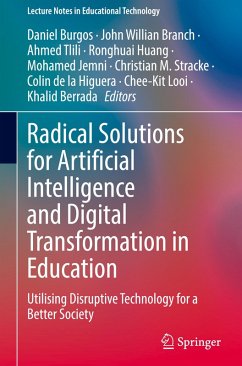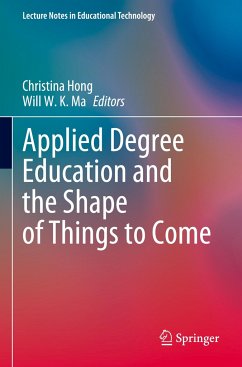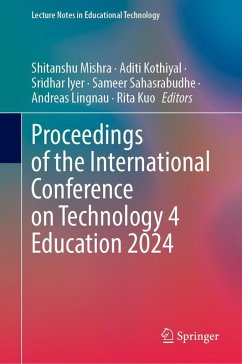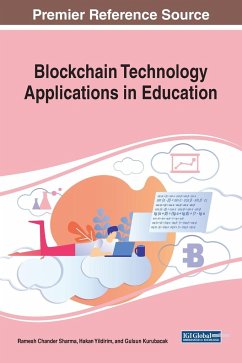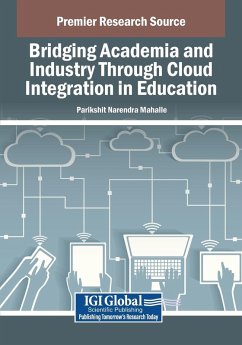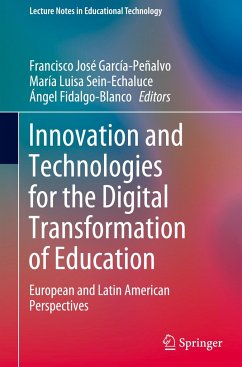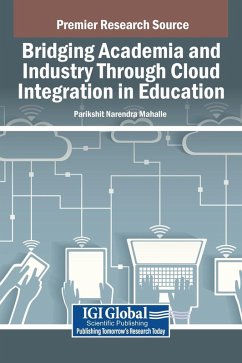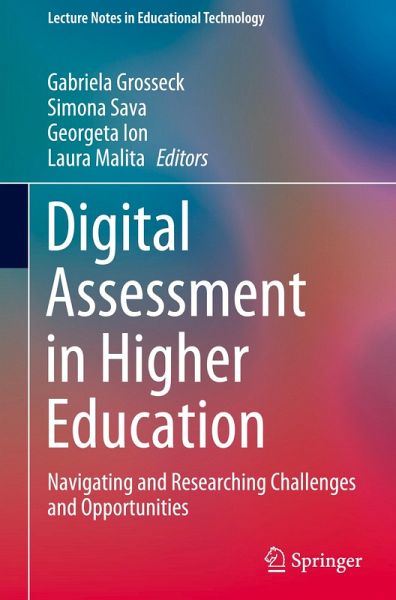
Digital Assessment in Higher Education
Navigating and Researching Challenges and Opportunities
Herausgegeben: Grosseck, Gabriela; Sava, Simona; Ion, Georgeta; Malita, Laura

PAYBACK Punkte
65 °P sammeln!
This book offers a comprehensive exploration of digital assessment (DA) in higher education, with a focus on navigating the challenges and opportunities brought on by the digital age. By drawing on research-based evidence and theoretical approaches, it offers valuable insights, guidance, and examples for navigating the complexities of DA in higher education. It addresses key topics and issues facing educators and Higher Education Institutions (HEIs) in the design, implementation, and evaluation of DA strategies, while also recognizing the importance of the DA competencies of academic staff.Thi...
This book offers a comprehensive exploration of digital assessment (DA) in higher education, with a focus on navigating the challenges and opportunities brought on by the digital age. By drawing on research-based evidence and theoretical approaches, it offers valuable insights, guidance, and examples for navigating the complexities of DA in higher education. It addresses key topics and issues facing educators and Higher Education Institutions (HEIs) in the design, implementation, and evaluation of DA strategies, while also recognizing the importance of the DA competencies of academic staff.
This book is a useful reference for educators, researchers, managers of HEIs, and policymakers who are looking to enhance digital assessment practices, develop their own competencies for digital assessments, and stay at the forefront of educational innovation.
This book is a useful reference for educators, researchers, managers of HEIs, and policymakers who are looking to enhance digital assessment practices, develop their own competencies for digital assessments, and stay at the forefront of educational innovation.





